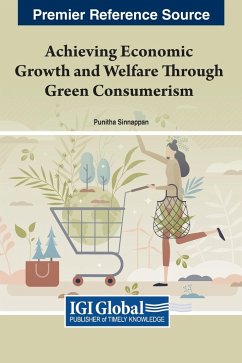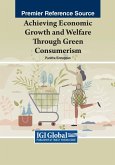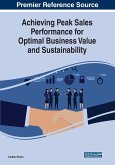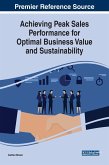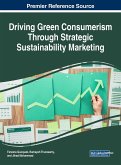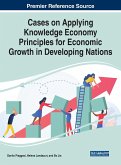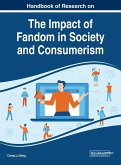One of the greatest global challenges is to integrate economic growth and welfare with environmental sustainability. The 12th goal under the United Nations Sustainable Development Goals (SDG-12) addresses this challenge by calling for sustainable consumption and production patterns. It is a holistic and responsible approach that entails the production, acquisition, consumption, and disposal of goods and services based on their pro-environmental benefits. Consumers want to act green, but they expect businesses to lead the way. As such, marketers are playing an important role in encouraging green consumerism by reinforcing sustainability in behavioral patterns. Actionable steps need to be taken to encourage sustainable consumption and align consumers' behaviors with their stated preferences. Achieving Economic Growth and Welfare Through Green Consumerism offers a comprehensive analysis of green consumerism, taking into account the diversity of views and debates surrounding the ideology. The diversity of topics and multidisciplinary viewpoints offer an insightful overview of the nature of green consumerism, its manifestations, issues, and practices. Covering topics such as consumption behavior, green marketing tools, and purchasing behavior, this premier reference source is a pivotal resource for business leaders, business analysts, economists, marketers, students and educators of higher education, researchers, and academicians.

